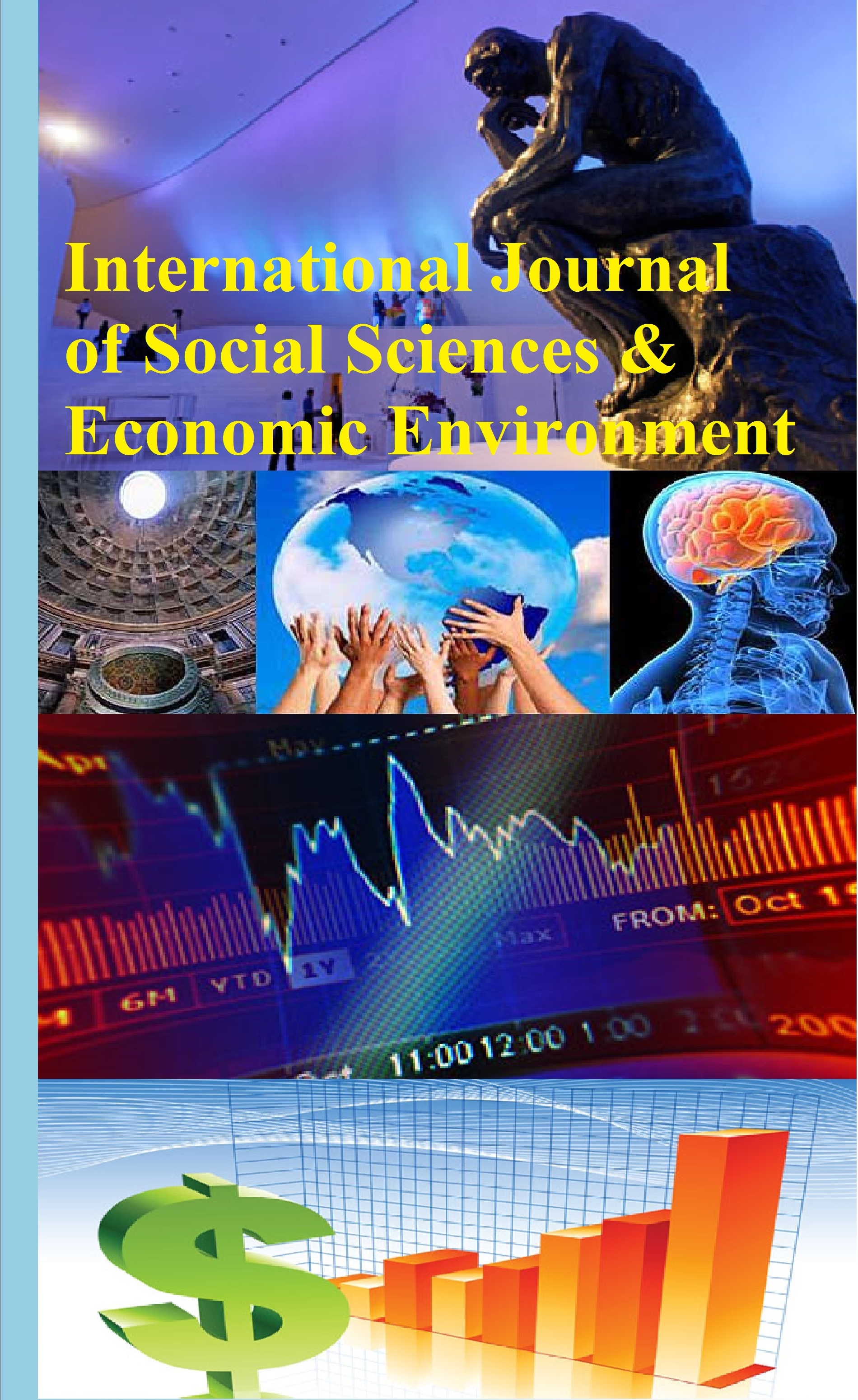ABSTRACT
Aim of the study: The study attempts to answer the question; Do self-help groups predict marketing empowerment?
Methodology: This study used positivism paradigm to test the significant influence of self-help groups on marketing empowerment. Questionnaires were used to capture data for statistical analysis. Women-owned businesses were targeted population of this study. Simple random sampling was used to draw a sample from 383 respondents. Data was collected in the Shinyanga region of Tanzania. Binary logistic regression was used to analyze the data of this study because dependent variable was binary.
Findings: Findings indicated that self-help groups are a significant catalyst on influencing marketing empowerment in women-owned businesses. Additionally, savings, credit and social capital were found to account for the explanatory power of self-help groups in explaining women’s marketing empowerment. It is concluded that self-help groups are a key catalyst for marketing empowerment.
Practical Implications: Leveraging the World Values Survey, this study shows that self-help groups have significant power to empower women in the marketing of their business enterprises through saving, credit and social capital. This shows an unusual marketing performance indicating that women who are members of self-help groups have a large chance to perform in marketing when they access more services from self-help groups regardless of the limitations they have in the social structure.
Originality/value: The current study makes a substantial contribution to the current literature on linking self-help groups and marketing empowerment. It breaks ground by being the first tract that examines, using empowerment theory, self-help and logistic regression models in Tanzania.
Key words: Self Help Groups, Market Empowerment, Binary Logistic Regression
Paper type: Research paper
 Check for Updates
Check for Updates




